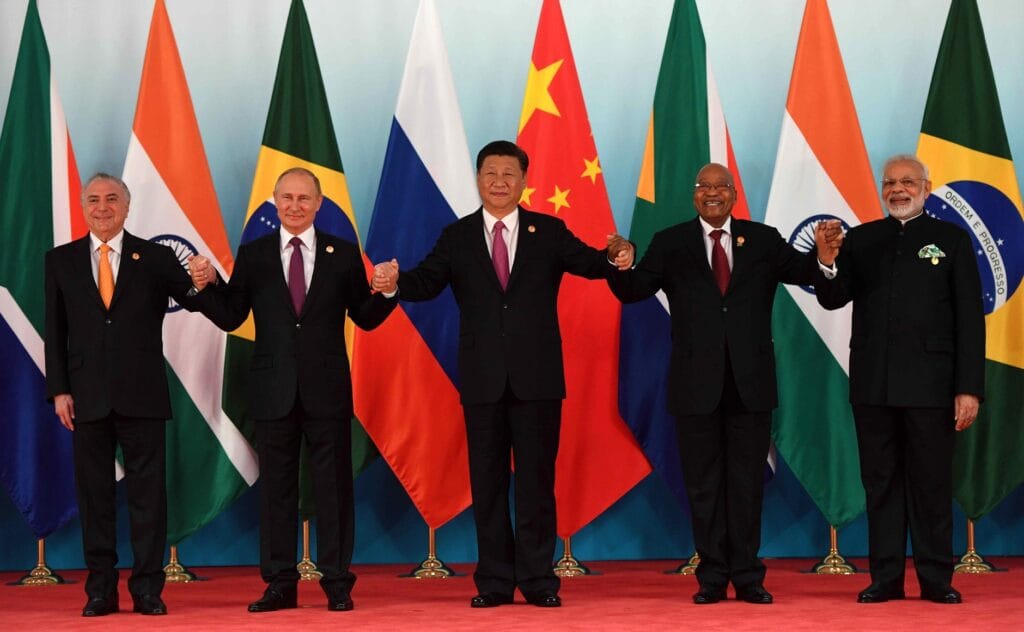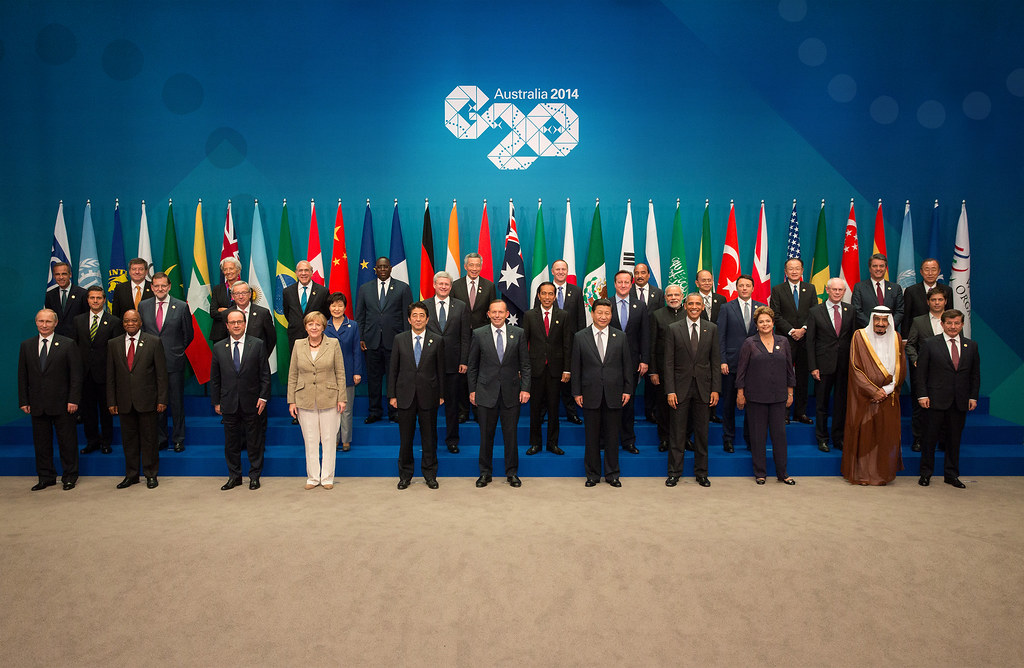The Group of Seven, commonly known as G7, is an influential and pivotal gathering of some of the world’s most economically advanced nations. Comprised of Canada, France, Germany, Italy, Japan, the United Kingdom, and the United States, the G7 serves as a platform for these nations to discuss and collaborate on a wide range of global economic, political, and security issues. The history, structure, significance, and challenges faced by the G7 highlight its crucial role in shaping international policies and fostering cooperation among its member states.
Which are the G7 countries?
The roots of the G7 can be traced back to the 1970s when world leaders from major industrialized countries initiated informal discussions aimed at addressing economic concerns and fostering cooperation. Initially established as the Group of Six in 1975, it included France, Germany, Italy, Japan, the United Kingdom, and the United States. Canada joined the group a year later, leading to its evolution into the Group of Seven.
One of the primary purposes of the G7 is to provide a forum for member nations to engage in open and candid discussions on pressing global issues. The annual summits serve as a platform for leaders to exchange ideas, negotiate agreements, and coordinate policies on a wide array of topics such as economic growth, trade, climate change, security, health, and development. The discussions held within the G7 framework often lead to joint statements and declarations outlining shared goals and commitments among member nations.

Economic matters of G7
Economic matters hold significant weight within the G7 discussions. The member countries collectively represent a substantial portion of the global economy, and decisions made within this forum can have far-reaching implications. Fiscal policies, trade agreements, monetary strategies, and efforts to address economic disparities are frequently deliberated upon. Additionally, issues related to market stability, financial regulations, and efforts to promote sustainable economic growth feature prominently in G7 discussions.
Beyond economic matters, the G7 also focuses on addressing pressing global challenges. Climate change has been a recurring theme in recent years, with member nations recognizing the urgency to combat environmental degradation. Discussions often center around initiatives to reduce carbon emissions, promote renewable energy, and support climate adaptation and resilience measures.
Work of G7
Another key aspect of G7 deliberations is international security. Member nations collaborate on addressing security threats, terrorism, nuclear proliferation, and conflicts worldwide. Additionally, discussions related to global health crises, such as the COVID-19 pandemic, underscore the importance of coordinated responses to mitigate the impact of such emergencies on a global scale.
The G7 operates on the principle of consensus-building among member nations. While this fosters cooperation and solidarity, it also presents challenges. Differing national interests, priorities, and political ideologies among member countries can lead to prolonged negotiations and difficulty in reaching unanimous agreements. Furthermore, the absence of emerging economies from the group’s core membership often raises questions about its representativeness and inclusivity in addressing global issues comprehensively.
What is the difference between G7 and G20?
Critics also highlight the limitations of the G7 in addressing complex global challenges. Some argue that the group’s influence has waned over time due to the emergence of other international forums and the shifting geopolitical landscape. The rise of new economic powers and regional blocs, such as the G20 and BRICS, has led to calls for broader multilateral engagement beyond the traditional G7 framework.
Despite these challenges, the G7 remains a crucial platform for shaping global policies and fostering cooperation among some of the world’s most influential nations. Its annual summits serve as opportunities for leaders to engage in dialogue, build relationships, and demonstrate collective commitment to addressing shared challenges.
Looking ahead, the G7 faces the ongoing task of adapting to a rapidly changing world. Embracing inclusivity by engaging with emerging economies and ensuring a more diverse representation of global perspectives could enhance its relevance and effectiveness. Strengthening cooperation on pressing issues such as climate change, economic stability, and global health emergencies will remain imperative for the G7 to maintain its role as a pivotal forum for international collaboration.








